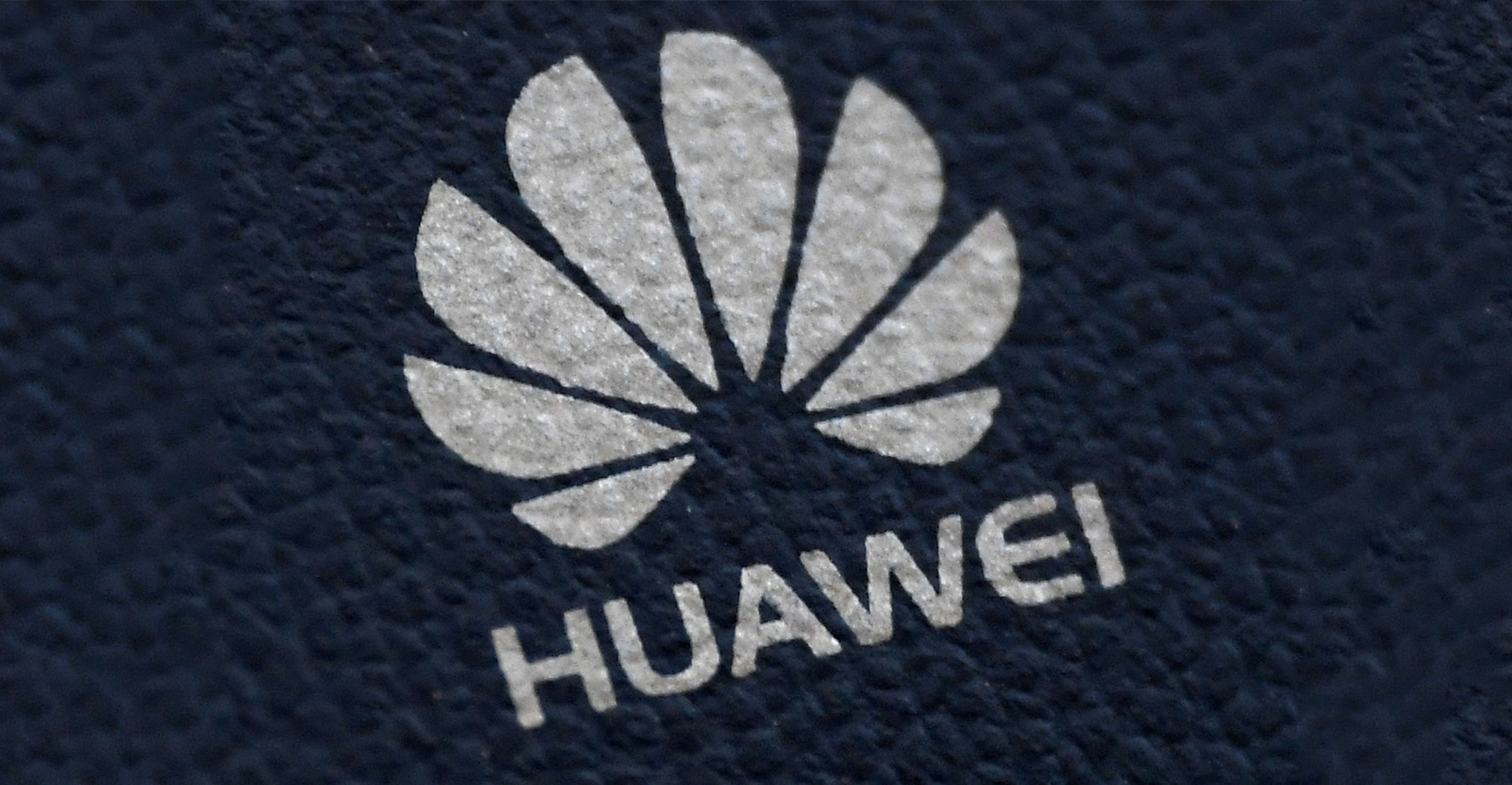
The Trump administration on Friday moved to block shipments of semiconductors to Huawei Technologies from global chip makers, in an action that could ramp up tensions with China.
The US commerce department said it was amending an export rule to “strategically target Huawei’s acquisition of semiconductors that are the direct product of certain US software and technology”.
The department added the “announcement cuts off Huawei’s efforts to undermine US export controls”.
The rule change is a blow to Huawei, the world’s second largest smartphone maker, as well as to Taiwan’s TSMC, a major producer of chips for Huawei’s HiSilicon unit as well as mobile phone rivals Apple and Qualcomm.
Huawei, which needs semiconductors for its widely used smartphones and telecoms equipment, is at the heart of a battle for global technological dominance between the US and China.
The US is trying to convince allies to exclude Huawei gear from next-generation 5G networks on grounds its equipment could be used by China for spying. Huawei has repeatedly denied the claim.
Licence required
Huawei has continued to use US software and technology to design semiconductors, the commerce department said, despite being placed on a US economic blacklist in May 2019.
Under the rule change, foreign companies that use US chip-making equipment will be required to obtain a US licence before supplying certain chips to Huawei, or an affiliate like HiSilicon.
In order for Huawei to continue to receive some chipsets or use some semiconductor designs tied to certain US software and technology, it would need to receive licences from the commerce department.

The rule change is to “prevent US technologies from enabling malign activities contrary to US national security and foreign policy interests”, commerce secretary Wilbur Ross said in a statement, adding Huawei and its affiliates “have stepped up efforts to undermine these national security-based restrictions”.
The commerce department said the rule will allow wafers already in production to be shipped to Huawei as long as the shipments are complete within 120 days from Friday. Chipsets would need to be in production by Friday or they are ineligible under the rule.
The US placed Huawei and 114 affiliates on its economic blacklist citing national security concerns. That forced some US and foreign companies to seek special licences from the commerce department to sell to it, but China hawks in the US government have been frustrated by the vast number of supply chains beyond their reach.
Separately, the commerce department extended a temporary licence that was set to expire on Friday to allow US companies, many of which operate wireless networks in rural America, to continue doing business with Huawei through to 13 August. It warned it expected this would be the final extension. Reuters first reported the administration was considering changes to the Foreign Direct Product Rule, which subjects some foreign-made goods based on US technology or software to U.S. regulations, in November.
Most chip manufacturers rely on equipment produced by US companies like KLA, Lam Research and Applied Materials, according to a report last year from China’s Everbright Securities.
Series of steps
The Trump administration has taken a series of steps aimed at Chinese telecoms firms in recent weeks.
The US Federal Communications Commission last month began the process of shutting down the US operations of three state-controlled Chinese telecoms companies, citing national security risks. The FCC also in April approved Google’s request to use part of a 13 000km undersea telecoms cable between the US and Taiwan, but not Hong Kong after US agencies raised national security concerns.
This week, President Donald Trump extended for another year a May 2019 executive order barring US companies from using telecoms equipment made by companies deemed to pose a national security risk, a move seen aimed at Huawei and peer ZTE. — Reported by David Shepardson, (c) 2020 Reuters

